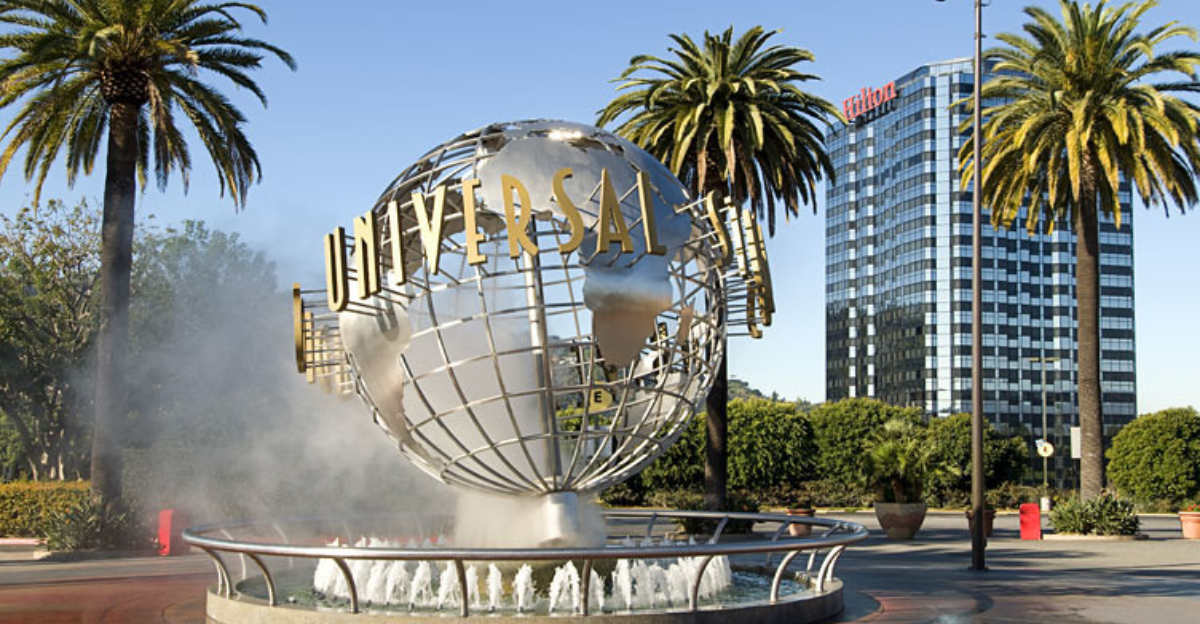
A new law that was quietly passed through the halls of city government has stirred the waters in Los Angeles’s hospitality sector. Although at first it might seem as just another shift in labor policy, the details it involves have caused industry leaders to start bracing for a greater impact than they expected.
Wages Climb Towards A New Peak

Under the newly adopted regulation, hourly minimum wages will steadily rise over the next few years for workers in hotels of at least 60 rooms. It started as a minor adjustment, but by the time the city hosts the Olympics in 2028, it will reach $30 per hour. This means that even though workers will see a sudden rise in their pay every year, business groups have already started to question whether the industry can follow this full rise.
Tension Under The Surface

The move was obviously supported by labor unions and local leaders, because it was viewed as justice for service workers who are struggling to afford the expensive housing in L.A. So for hospitality employees, the wage increase offers a rescue option. Union pressure and political timing however, have caused uncertainty to hotel operators who are trying to assess long term viability. Those already dealing with reduced tourism and post pandemic losses are mostly affected by this.
Resistance Slowly Taking Shape

Complaints are quietly starting to gather. Some hotel owners have canceled plans for renovation, while others are thinking of shutting down restaurants or stopping valet service in order to avoid operating under eroded profit margins. A few of them are exploring other more strict solutions, like backing out from agreements that were negotiated for the upcoming Fifa World Cup, Olympics and other projects. That’s what the hotel group Sun Hill Properties did, by putting a halt to a multimillion dollar expansion project in Universal City, due to fears of financial peril under the lurking wage rises.
Challenges Deepen As Demands Falter

Though city officials seem to praise tourism events as a driver of future growth, the local lodging sector is still weak. As revenue per room lags behind its pre-2020 performance, owners believe that the influx of tourists during major events will be overshadowed by high labor costs with very little net gain. Another factor stressing hoteliers, is the sluggish international travel that involves less guest activity in hotels and increased prices.
Rollout Plan And Timeline

The minimum wage for hotel employees is scheduled to increase to $22,50 per hour beginning in July. After that, it will continue with annual gradual adjustments until reaching $30 per hour in July 2028. The same plan will be followed by airport workers and private concession staff at Los Angeles Airport. Also, starting in July 2026, employers must offer or supplement health care benefits equivalent to a set hourly rate.
Industry Backlash And Legal Pushback

In response to the vote, the American Hotel and Lodging Association initiated efforts to gather signatures for a referendum to hold back the ordinance. The alliance surpassed the lower limit required to place the issue on the state ballot in 2026. Union leaders responded with complaints about an allegedly misconducted signature collection, as well as their own plans to expand the $30 wage throughout the city. As a result, tensions have shifted from the city council to the electorate.
Financial Pressure On Owners

Some hotel executives have pointed out that operating margins are likely to disappear under the new wage structure. They mostly refer to the rising cost per occupied room and the declining occupancy rates. So, with this upcoming “economic tsunami” as some have called it, many hoteliers argue that it is already impossible to pass costs to travelers without affecting the competitive position of Los Angeles as an international destination.
Workers And Community Reactions

While business groups are pushing back, employees and supporters seem to embrace the law as a recognition of the difficulties that hospitality workers have to face. Representing thousands of hotel and airport staff, Unite Here Local Eleven encouraged residents to counter the industry’s referendum push. Some workers are talking about hardship stories related to long commutes and insufficient pay, hopeful that this raise will finally provide them with more stability and dignity.
Broader Economic And Political Effects

The ordinance has triggered a more general debate regarding labor laws, wages and economic resilience. City officials that support the law are emphasizing the economic importance of tourism and the amount of jobs that it aids. However, business leaders warn that regulatory pressures could potentially suppress development and discourage new investment. The challenge marks a greater battle over how to balance worker welfare and economic competitiveness in a city that is already struggling with high costs.